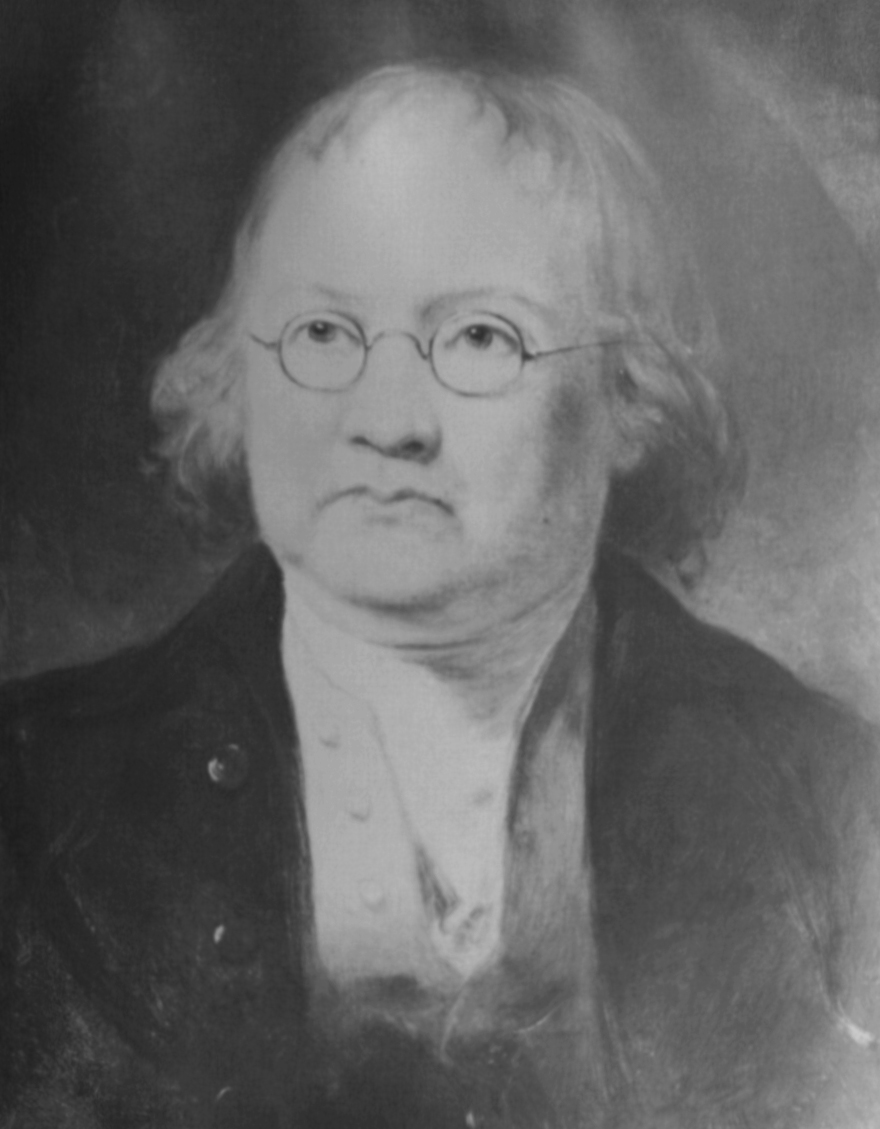William Ellery
| William Ellery | |
|---|---|
 |
|
| 23rd Chief Justice of the Rhode Island Supreme Court | |
|
In office June 1785 – May 1786 |
|
| Preceded by | Paul Mumford |
| Succeeded by | Paul Mumford |
| Personal details | |
| Born |
December 2, 1727 Newport, Rhode Island |
| Died | February 15, 1820 (aged 92) Newport, Rhode Island |
| Resting place | Common Burying Ground, Newport |
| Occupation | Lawyer |
| Known for | signer of the United States Declaration of Independence |
| Signature | |
William Ellery (December 2, 1727 – February 15, 1820) was a signer of the United States Declaration of Independence as a representative of Rhode Island. In 1764, the Baptists consulted with Ellery and the Congregationalist Reverend Ezra Stiles on writing a charter for the college that became Brown University. However, Ellery and Stiles attempted to give control of the college to the Congregationalists, but the Baptists withdrew the petition until it was rewritten to assure Baptist control. Neither Ellery nor Stiles accepted appointment to the reserved Congregationalist seats on the board of trustees .
The second son of William Ellery, Sr. and Elizabeth Almy (she a descendant of Thomas Cornell), William Ellery was born in Newport on December 2, 1727. He received his early education from his father, a merchant and Harvard College graduate. In 1747 William Ellery graduated from Harvard College where he had excelled in Greek and Latin. Ellery returned to Newport where he worked first as a merchant, next as a customs collector, and then as Clerk of the Rhode Island General Assembly. Ellery started practicing law in 1770 at the age of 43 and became active in the Rhode Island Sons of Liberty.
After Samuel Ward's death in 1776, Ellery replaced Ward in the Continental Congress. Ellery was among the fifty-six signers of the Declaration of Independence in 1776. In terms of square inches, the size of Ellery's signature on the Declaration of Independence was second to only John Hancock's famous signature. Ellery was also a signer of the Articles of Confederation.
...
Wikipedia
